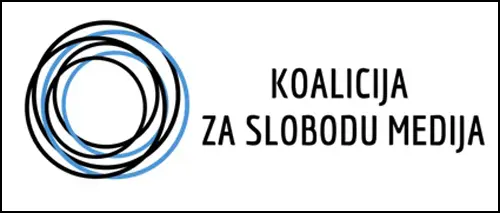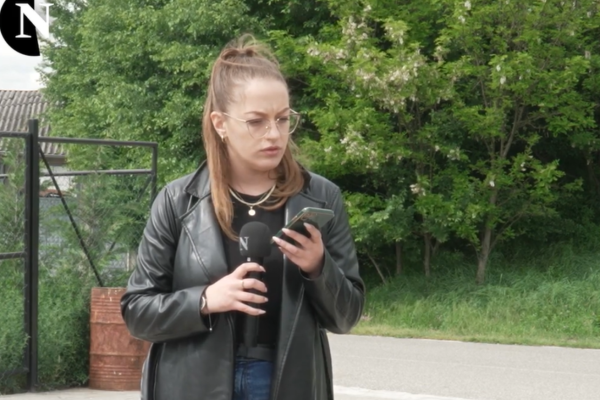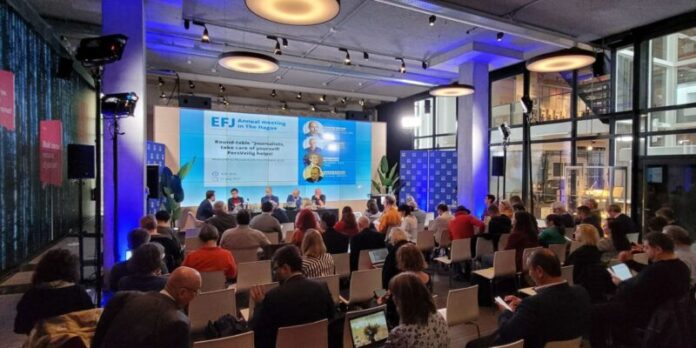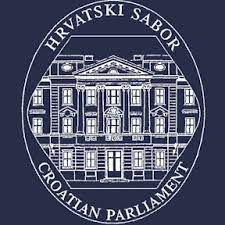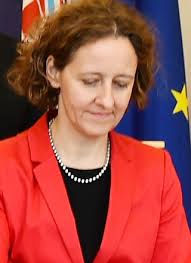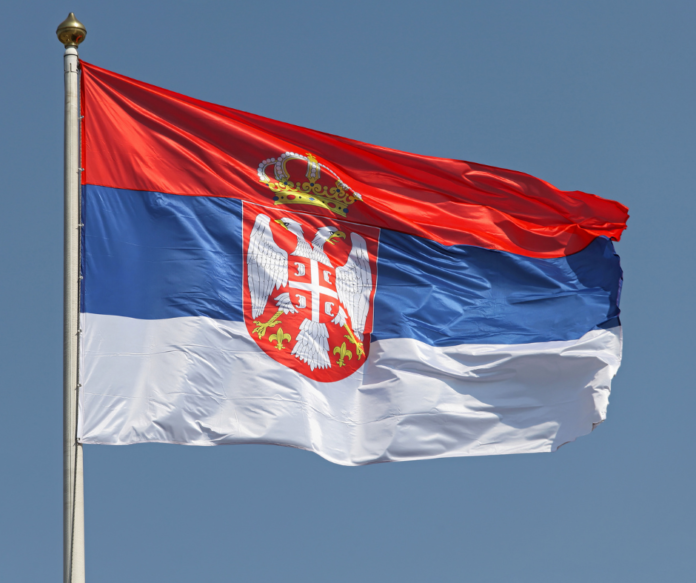The Coalition for Media Freedom expresses concern over the first-instance verdict against KRIK, which accepted the plaintiff’s claim for a text in which they announced that multiple SLAPP lawsuits had been filed against the newsroom, including one filed by the leaders of the police Witness Protection Unit.
The Coalition points out that the freedom of expression of journalists is threatened by this verdict, as the verdict now limits their reporting on the proceedings against them. The Coalition believes that with such a verdict, the state is interfering with freedom of expression and is putting pressure on the media not to announce that proceedings are being conducted against them.
At the same time, the Coalition believes that the public’s interest could be harmed by this verdict, because if this verdict became legally binding, then the public would be deprived of information because the first-instance verdict ordered KRIK to remove the text.
In the disputed text, KRIK stated its position that a dozen lawsuits are pending against them, which are of a SLAPP nature, i.e. lawsuits filed in order to put pressure on the media in various ways. The judge considered this to be a SLAPP lawsuit, stating in the ruling that the Constitution provides that “everyone has the right to judicial protection.”
The Coalition for Media Freedom consists of the Association of Media, the Association of Online Media (AOM), the Independent Association of Journalists of Vojvodina (NDNV), the Independent Journalists’ Association of Serbia (NUNS), the Business Association of the Association of Local and Independent Media “Local Press” and the Slavko Curuvija Foundation.


